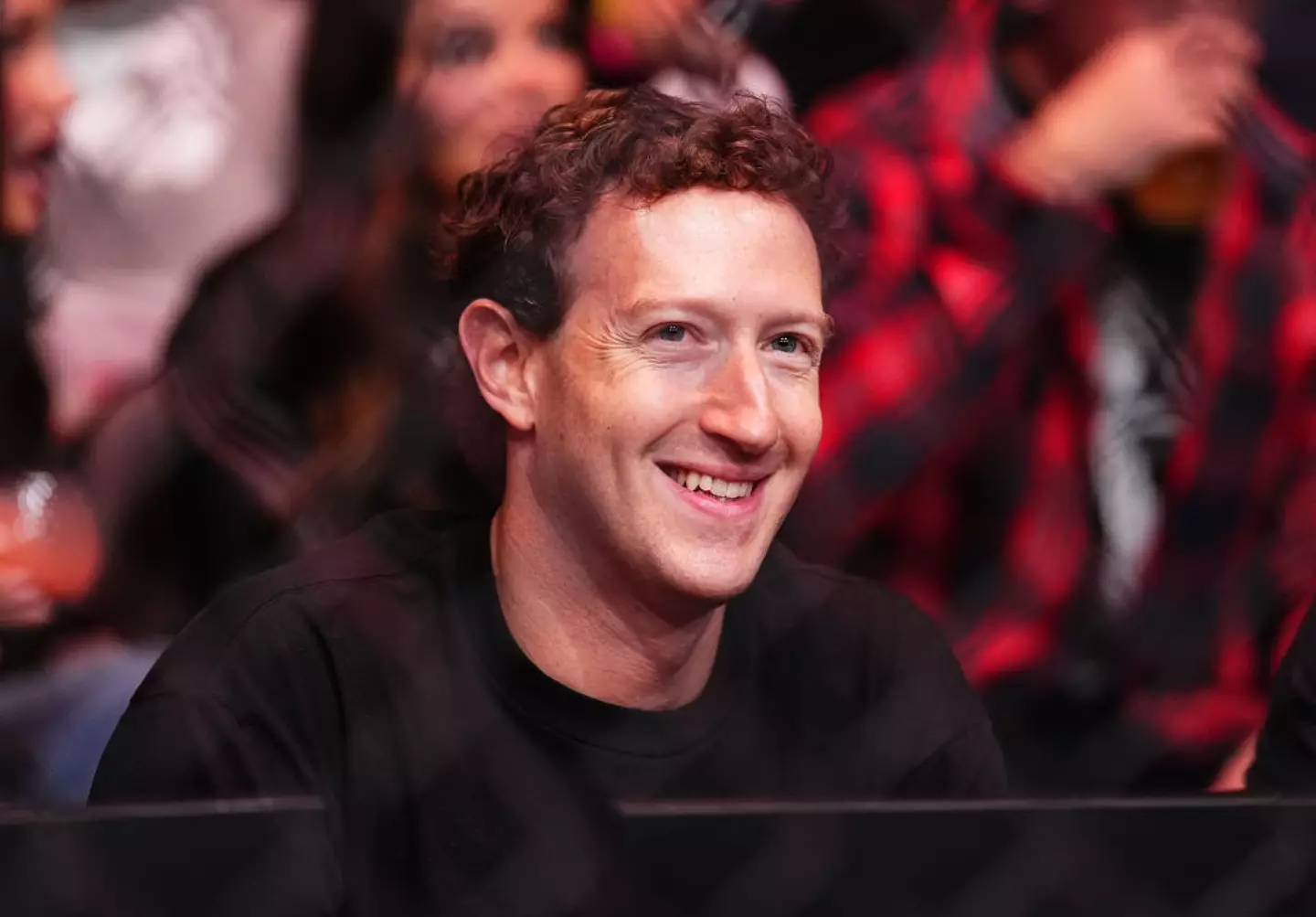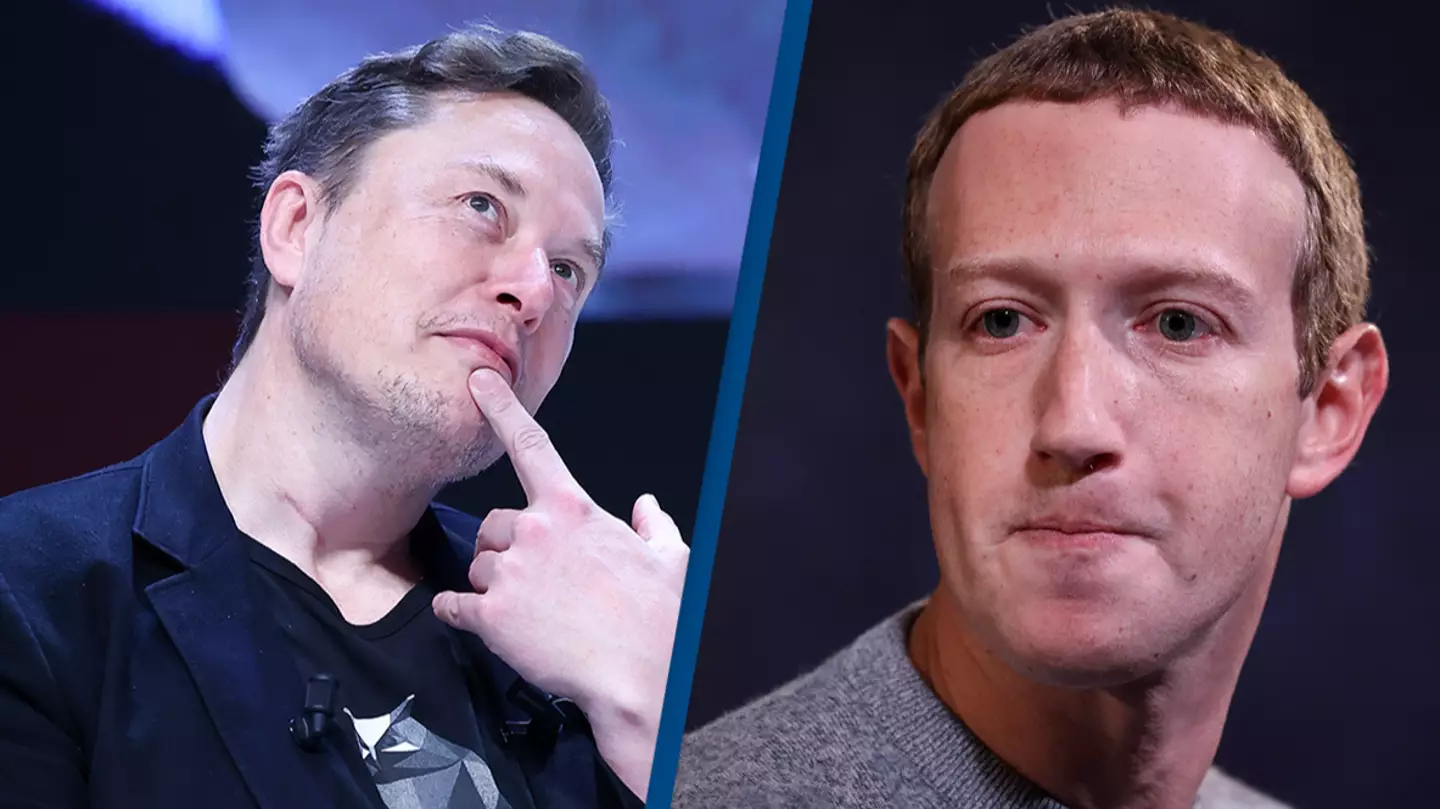President-elect Donald Trump has also spoken out on the change.
Meta’s decision to follow in the footsteps of Elon Musk’s X by eliminating third-party fact-checking in the US has sparked significant debate—and a simple, three-word reaction from Musk himself. “This is cool,” he tweeted, responding to Meta’s announcement.
Meta’s Shift Towards “Free Expression”
Zuckerberg – who now has a net worth of $213 billion – founded Facebook in 2004. Meta acquired Instagram for $1 billion in 2012 and went on to launch Threads – an alternative to Elon Musk’s X, formerly Twitter – in 2023. Now, all three Meta-owned social media sites are set to loosen moderation by scrapping third-party fact-checking in the US. Meta’s fact checking program was introduced in 2016 and sees posts that appear to be false or misleading referred to independent organizations for verification. Inaccurate posts are labeled with wider context and information.
Mark Zuckerberg, CEO of Meta, recently revealed that Facebook, Instagram, and Threads would no longer employ third-party fact-checkers for content moderation in the US. Instead, Meta will implement a Community Notes-style system similar to that used on X, Musk’s social media platform.

The decision, according to Zuckerberg, is a move to “restore free expression” and reduce the mistakes made by automated moderation systems. He stated, “We believe this change will allow us to move away from potential biases while reducing instances of what users perceive as censorship.”
The Community Notes system, first introduced on X in 2021, allows users to flag and annotate potentially misleading posts, adding context and corrections. Other users then vote on the helpfulness of these notes, fostering a community-driven approach to content moderation.

Backlash From Fact-Checking Organizations
Unsurprisingly, Meta’s shift has drawn criticism from fact-checking organizations. Full Fact, a nonprofit fact-checking group active in Europe, condemned the move as a “backwards step.”
Chris Morris, Full Fact’s CEO, pushed back against Zuckerberg’s claims of bias, stating: “We absolutely refute Meta’s charge of bias. We hold all political entities accountable equally and remain committed to truth. Removing fact-checkers only aids the spread of misinformation.”
Despite these criticisms, Meta remains firm on its decision. The company clarified that its fact-checking program would still be operational outside the United States.
Musk’s Approval
Elon Musk’s response to Meta’s announcement was characteristically concise. Sharing an article titled “Facebook Dumps Fact-Checkers in Attempt to ‘Restore’ Free Speech,” Musk tweeted: “This is cool.”
His endorsement aligns with his own philosophy on free speech, which he has championed since acquiring X. Musk’s tenure at X has been marked by his vocal advocacy for fewer content restrictions and a greater reliance on user-driven moderation.
Political Implications
The timing of Meta’s changes is noteworthy, coming just weeks before President-elect Donald Trump is set to take office. Trump, a vocal critic of Meta’s previous fact-checking practices, once accused Zuckerberg of bias and even threatened him with legal repercussions. In a recent press conference, Trump praised Meta’s decision, saying, “Honestly, I think they have come a long way.” When asked whether Meta’s move was influenced by his criticism, Trump responded, “Probably.”
The Future of Content Moderation
As Meta joins X in adopting community-driven content moderation, the debate over balancing free speech and combating misinformation continues to intensify. Critics argue that removing professional fact-checkers may exacerbate the spread of false information, while proponents see it as a victory for free expression and user empowerment.
The shift highlights the growing influence of community-based systems in shaping the digital landscape—a trend that Elon Musk has consistently championed. Whether this approach will successfully strike the right balance remains to be seen, but one thing is clear: the changes are already reshaping the future of social media moderation.

